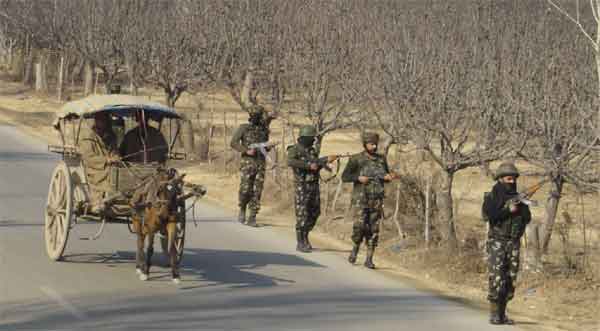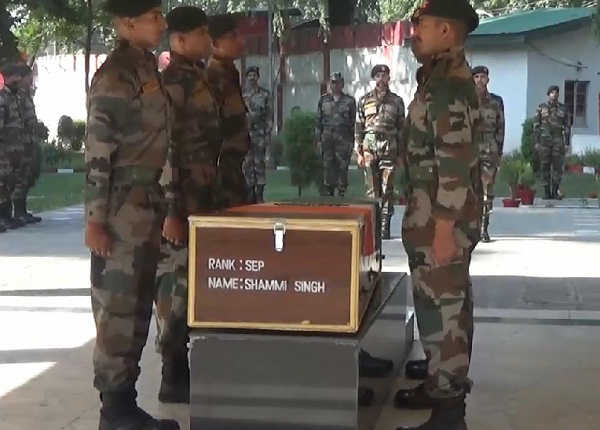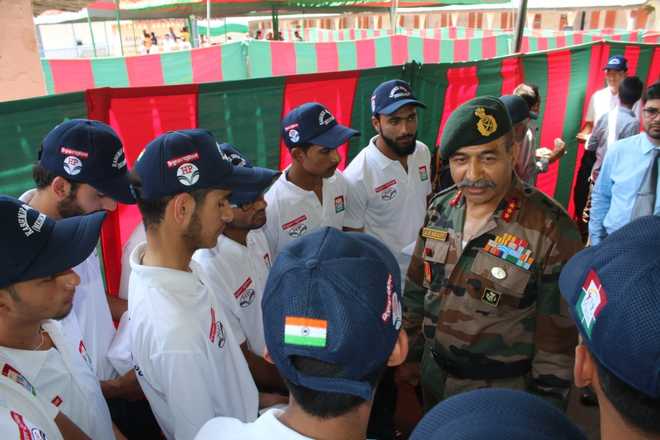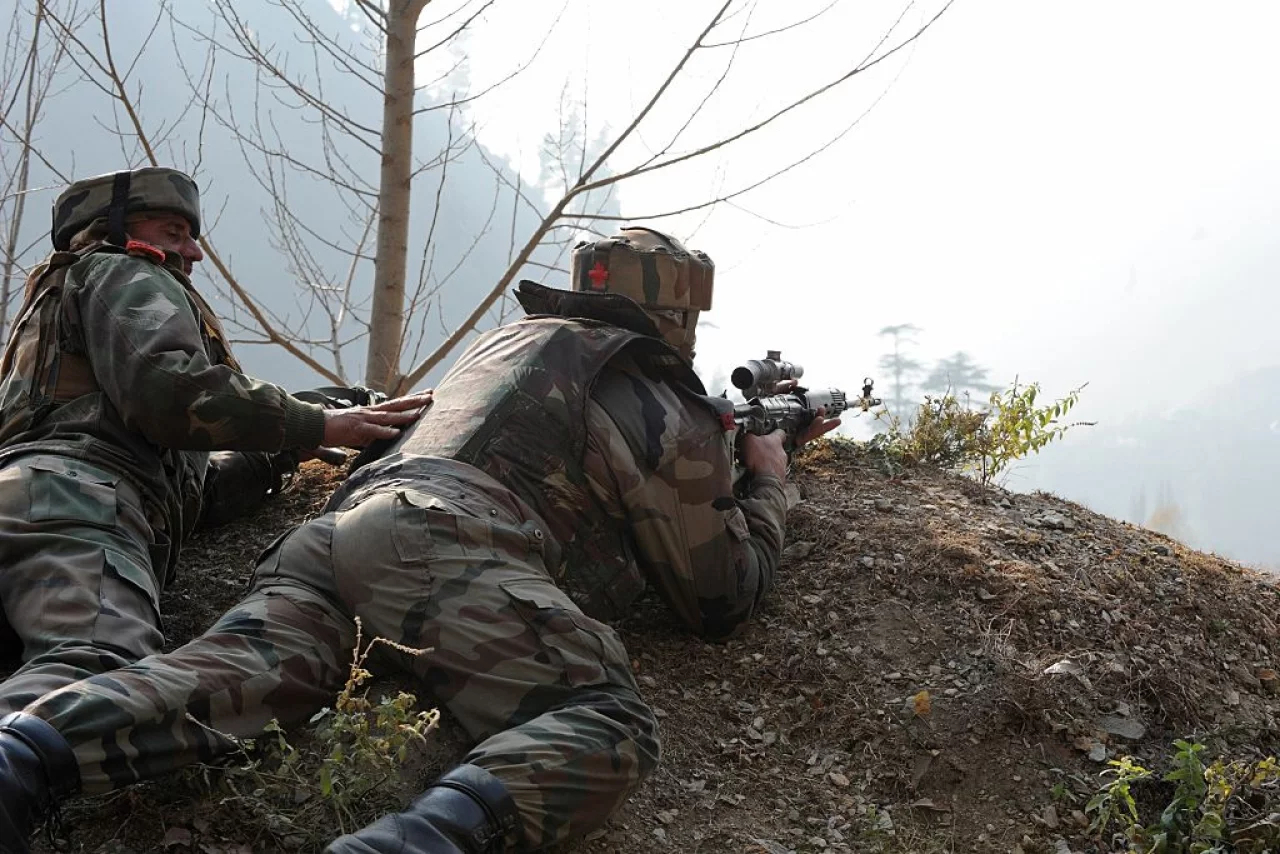
The political co-habitation between BJP and PDP in J&K has come to an end. There is no dearth of the inevitable ‘I told you so’ experts who claim that they had predicted it long ago. Equally, there are those who claim that they had the prescience to know of its failure from day one. However, in dealing with the vexed and long-festering problem in the State, which has defied solution for all these years, choosing a new direction was a bold and correct decision. As such, the experiment failed, is no reason that it should not have been tried.
The question now is what next? It has been suggested that the security forces must go ‘all out’ to hunt down the 200-odd terrorists reportedly present in the Valley. True that. But it ignores the fact that when – and if – the SF are able to do so, there is no denying that more will trickle in from across the border, following the same methodology that these 200 have done. The supply line is unending.
Another view is that the Hurriyat leaders being the real source of the problem, and a conduit for the inflow of funds and other wherewithal for the terrorists, must be imprisoned. This fetches a cautionary call by some. It is argued by the soft pedal group that the present Hurriyat leaders are soft, and if they are taken away, a more hard-line leadership is likely to take over. However, this apprehension is unfounded. Among the terrorists or their supporters, there is nothing known as a soft or there is nothing known as a soft or hard category. Their mindset is all the same, working against the interests of the country. Since money link of the present Hurriyat leaders with their mentors or handlers in Pakistan has already been established, they must be incarcerated without delay, and must be kept away from circulation in the State. The reality of their active involvement in fuelling unrest cannot be overlooked on a mere apprehension that their successors would tow an even harder line.
In the aftermath of sudden political developments, the flow of debate lost sight of the real issue. Killing terrorists in not synonymous with finishing terrorism. More will keep coming despite our best efforts to check their infiltration. For indoctrinated militants, who are determined to kill and are prepared to die, no security system can ever be fool-proof. Countering terrorism is akin to tackling the menace of malaria. Swatting mosquitoes in not the solution; their source of breeding has to be neutralised. That brings us to the basic question. We have to deter Pakistan from sending terrorists and from perpetrating violence in the Valley.
Read more at:
http://www.indiandefencereview.com/news/the-kashmir-valley-what-next/





































































